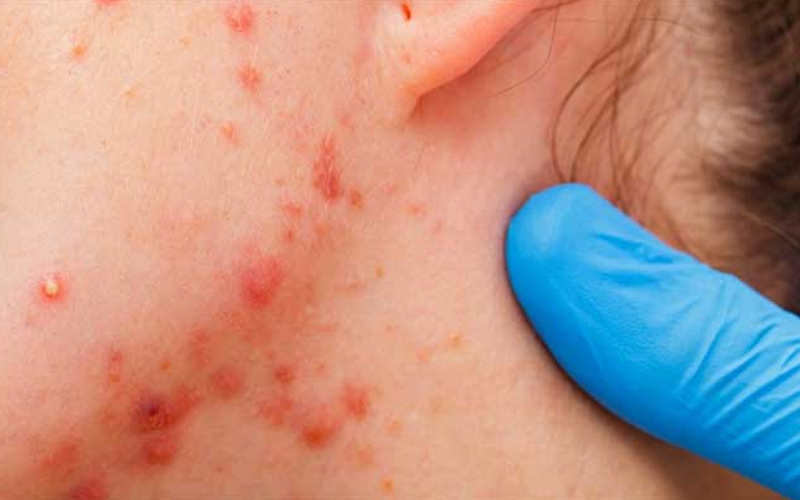Chronic Granulomatous Disease
Chronic granulomatous disease (CGD) is an inherited immune system disorder that occurs when a type of white blood cell that usually helps the body fight infection, called a phagocyte, does not work properly. In CGD, the phagocytes can’t kill germs that are ingested, and so cannot protect the body from bacterial and fungal infections. Children with CGD are often healthy at birth, but develop severe infections in infancy and during early childhood. Rarely, in milder forms, the diagnosis doesn’t become clear for years or decades.
Because they are unable to fight off infections, children with CGD often get very sick from bacteria that would be mild or cause no disease at all in a healthy child. These infections may affect the lungs, skin, liver, lymph nodes, and intestines. Children with the condition may also develop masses of inflammatory tissue called granulomas in response to chronic infections. These granulomas usually develop in the skin, gastrointestinal tract and genitourinary tract. The disease was named for these masses of inflammation before the genetic causes of CGD were discovered.

Chronic Granulomatous Disease Treatment at Dana-Farber/Boston Children’s
Children with CGD are treated by Dr Ganesh Jaishetwar
What are the symptoms of chronic granulomatous disease (CGD)?
Most children with chronic granulomatous disease (CGD) are diagnosed by age 5. The most common symptoms of the disease include:
- Pneumonia
- Spleen and liver abscesses
- Osteomyelitis—a bone infection
- Suppurative arthritis—the invasion of a joint by a bacterial infection, which causes arthritis
- Superficial skin infections such as cellulitis and impetigo
- Fungal infections
How do you diagnose chronic granulomatous disease (CGD)?
Chronic granulomatous disease (CGD) is diagnosed through:
- Neutrophil function tests to determine how well these white blood cells are functioning
- Dihydrorhodamine reduction test
- Genetic testing to confirm the presence of a specific gene mutation that results in CGD
After all tests are completed, doctors will be able to outline the best treatment options.
What is the treatment for chronic granulomatous disease (CGD)?
Treatment for chronic granulomatous disease (CGD) includes:
- Preventative (prophylactic) antibiotics and antifungals on a long-term basis are the mainstays of treatment.
- Infection management with antibacterial or antifungal medications
- Gamma-interferon therapy to help boost the immune system to help fight infections
- Surgery to relieve obstruction from granulomas, drain abscesses or remove established infections
What is the long-term outlook for children with CGD?
The prognosis for children with chronic granulomatous disease (CGD) has improved over the last three decades. The highest mortality is during early childhood, typically from infection. Without treatment, children usually die within the first decade of life. The mortality rate has fallen with modern preventative treatments of antibiotics, antifungals, and interferon therapy.
If you Have Any Queries, Call Us On
+91-8193809030
